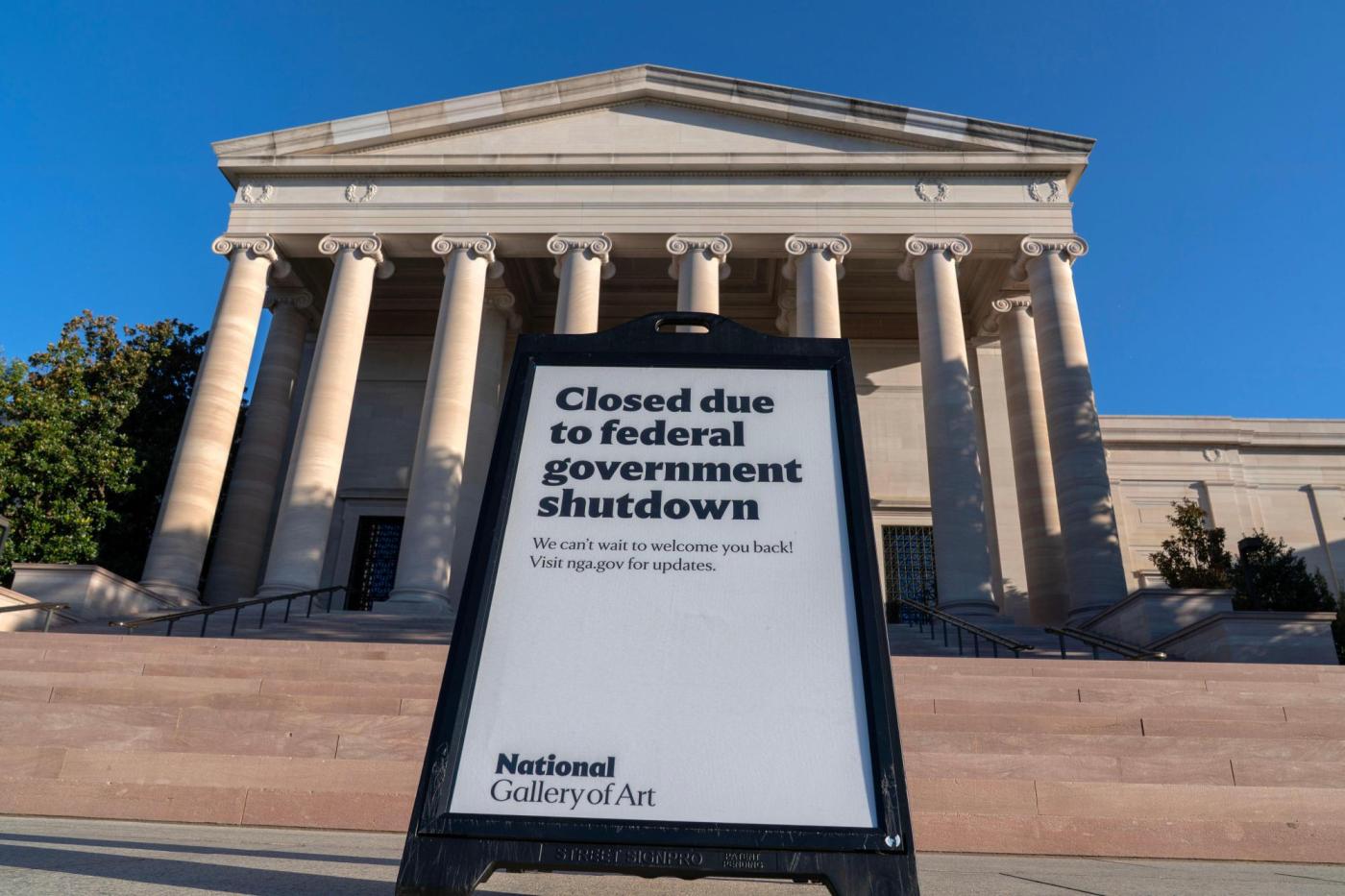San Jose Mayor Matt Mahan has thrown his support behind two state bills that further the city’s bigger-picture goal to reduce unsheltered homelessness, including one that would impose a mandate on large counties to shoulder a fairer share of the costs for interim housing.
A frequent critic of Santa Clara County’s contributions to solving the crisis, Mahan spent Monday morning in Sacramento stumping for SB 16 from state Sen. Catherine Blakespear (D-Encinitas) that would require counties to cover at least 50% of the operating costs their cities expend to run interim housing and shelters.
Mahan has also sponsored a separate bill, SB 606, introduced by Sen. Josh Becker (D-Menlo Park) that would require local jurisdictions that apply for state homelessness funding to submit an assessment of how it can achieve “functional zero” — reached when the number of people exiting homelessness exceeds the number of people falling into it.
“Unfortunately, there isn’t just one easy policy where everything gets fixed and this is patchwork because we live in a very complex regulatory environment,” Mahan said in an interview with The Mercury News. “These are complicated issues that intersect in many ways, but to me, they’re all part and parcel of a reform agenda that seeks to reinvent government in California and I’m really focused on delivering results in San Jose.”
While Mahan’s frustrations with the county date back years, he has become increasingly vocal over the last several months as San Jose continues to tout the expansion of its shelter system.
Over the next year, the city will add nearly 1,000 new interim and supportive housing options in the form of hotel and motel sheltering, safe parking and safe sleeping sites, and tiny homes. But despite San Jose’s efforts, there will still not be enough beds for the nearly 5,500 estimated unsheltered homeless residents in the city.
Mahan’s focus on building out the city’s shelter system represents a significant deviation from the previous “housing first” plan, which he believes has not achieved the results residents have expected. He pointed to San Jose spending about 3.5% of its budget on homelessness solutions — reflecting a greater urgency — compared to about three-quarters of a percent at the county level, despite residents consistently placing the issue among their top concerns.
“We need to reduce the fragmentation across cities and counties because homelessness isn’t just a city responsibility,” Mahan said. “You could argue that counties have the primary responsibility for health and human services and other social safety net programs.”
Mahan said San Jose is not the only large city to express its frustrations, noting a similar dynamic around the state. Blakespear’s bill aims to build a more sufficient partnership between cities and counties with more than 200,000 residents.
“For years, California’s homeless crisis has continued to worsen,” Blakespear said. “We need to step up and make it a clear goal in every region to get people off the streets, and we have to give cities the tools and support they need to do that. Counties need to be full partners in this effort.”
Although Santa Clara County has not taken a formal position on SB 16 and is currently reviewing the bill, officials have criticized Mahan’s approach.
“No other county has made more of a proportional investment in addressing homelessness than Santa Clara County, yet Mayor Mahan never engaged with the County before he went to Sacramento to sponsor SB 16,” County Executive James Williams said. “If we’re going to make real progress on these issues, we need real partnership and thoughtful engagement that’s grounded in facts, not finger-pointing distractions.”
Mahan said Blakespear’s bill fits with the other legislation he is sponsoring from Becker to ensure that the funds local governments spend on the homelessness crisis have a greater purpose.
Two months ago, San Jose unveiled a new model that its housing department and Mahan believe provides a more realistic pathway for ending unsheltered homelessness.
Housing officials estimated it would cost around $255 million to fully build the city’s shelter system, with operating costs reaching as high as $234 million per year at peak capacity. The ultimate goal, however, would be to convert 3,378 units into permanent housing later, lowering the shelter’s annual operating costs to $95 million.
Although he acknowledged the financial constraints posed by the model, Mahan said it presented a more feasible solution than waiting to build affordable housing projects, which have seen costs skyrocket over the past few years. He also noted that San Jose could finance its functional zero model if the county increased resources to about 2.5% of its budget.
“Without showing your math, it’s very easy to prioritize solutions that are essentially performative political solutions that sound great rhetorically but don’t actually deliver the outcomes we need,” Mahan said. “When I do the back-of-the-envelope math, it’s clear as day that we need a lot more shelter and interim housing. We need to do more to prevent people from falling into homelessness.”
But while Mahan has found legislative partners to help implement his homelessness agenda, there is another Senate bill that could derail one of his policy pushes.
As part of this year’s budget message, Mahan proposed an amendment to the city code that would make it a crime for homeless residents to refuse available shelter multiple times. Mahan argued that his proposal finds a middle ground between doing nothing and banning encampments, a right granted in the Supreme Court’s Grants Pass v. Johnson decision.
Fremont, for example, gained national attention recently for an ordinance its City Council temporarily passed that made it a crime to “aid or abet” a homeless encampment.
Two weeks ago, State Sen. Sasha Renee Perez (D-Pasadena) introduced a new piece of legislation that, if passed, would prevent criminalizing homeless residents from engaging in activities that are part of their basic survival.
“I’ve introduced SB 634 because it is critical for California to draw the line — issuing fines and jail time to people who have nowhere to live is inhumane,” Perez said in a news release. “Threatening to charge charity workers for offering water to someone living in poverty is immoral … Our legislation will stop punitive policies that perpetuate the cycle of poverty, so California can focus on real solutions to the homelessness crisis.”
Related Articles
As temperature records shattered, one Bay Area county saw huge increase in heat deaths last year
San Jose begins enforcement of no encampment zone around Branham housing site
Belongings lost to trash compactors as Oakland, San Jose sweep more homeless camps
As Oakland prepares to clear Lake Merritt tents, homeless residents unsure where to go
Emotional goodbyes as East Bay horse track and stables see mass exodus and the end of racing
While Mahan said Perez’s bill likely came with good intentions, he continued to repeat that it was inhumane to allow residents to rot away on the streets, including those who have become so habituated that change is difficult.
“The truth is the Supreme Court has already weighed in on this issue and if the member wants to hold back progress while we take this through the court system again, that’s between her and the people she represents,” Mahan said. “But the people I represent are telling me not to slow down expanding interim housing, holding the county accountable for expanding inpatient treatment and requiring people come indoors when shelter and treatment options are available.”





